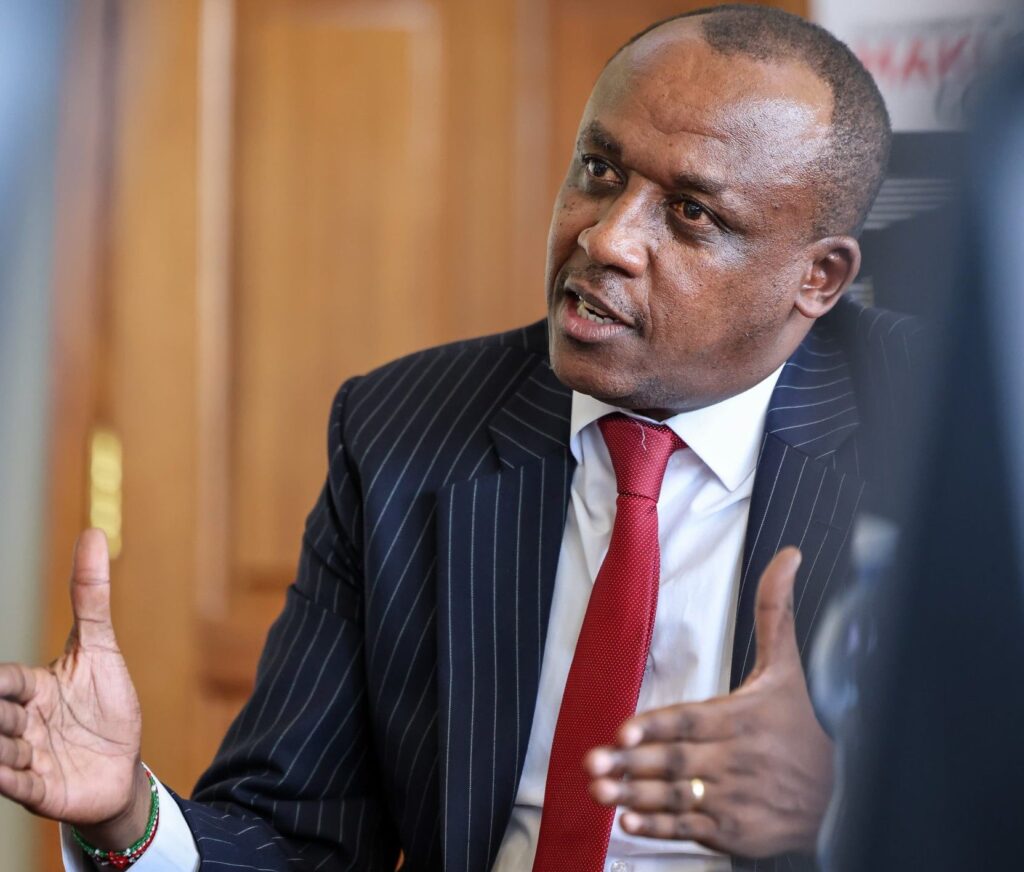Makueni Governor Mutula Kilonzo Jr has added his voice to the ongoing storm over corruption allegations in Parliament, saying the claims are not new but have long haunted Kenya’s legislative institution.
Speaking to journalists on Wednesday, Mutula noted that Members of Parliament have for years been accused of soliciting bribes from officials who appear before committees or in exchange for the passage of certain Bills. What shocks him, however, is the size of the bribes being reported today.
“Whether or not Parliamentary committees demand bribes is not new. It has happened before. I’m only surprised about the amounts they are huge,” Mutula stated.
The Governor revealed that he had previously raised concerns with anti-graft agencies, including the Ethics and Anti-Corruption Commission (EACC). “The complaints are all round. Everybody is complaining that when they appear before the committees, they are forced to facilitate,” he said, stressing that corruption allegations in Parliament are “age-old.”
His remarks come just days after President William Ruto launched a scathing attack on the legislature during the Devolution Conference in Homa Bay. The President accused MPs of turning Parliament into a “marketplace for extortion,” alleging that money is being demanded from the Executive, governors, and Cabinet ministers, especially during accountability sessions before House committees.
The President later escalated his criticism during a Kenya Kwanza–ODM joint parliamentary group meeting, likening certain House committees to a “soko huru” an open-air market where oversight and legislation are up for sale.
In response to the mounting accusations, Senate Speaker Amason Kingi issued a strong defence of legislators, insisting that those making the claims must provide concrete evidence.
“The leadership of the Senate has noted, with grave concern, the allegations of bribery and extortion made against Parliament in general and the Senate in particular,” Kingi said in a statement. “However, these allegations have not included material particulars, including the specific Senators against whom the allegations are made.”
With pressure mounting, the controversy has reignited debate over accountability in Parliament and the need for concrete action against corruption within the country’s legislative processes.

